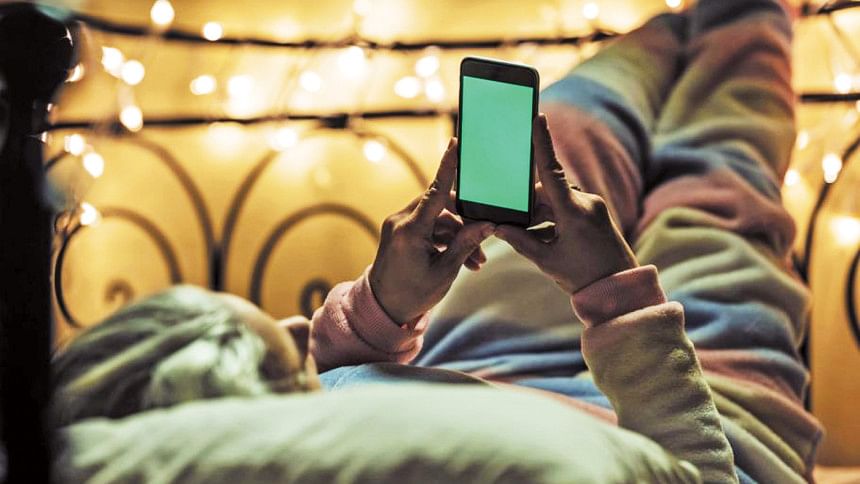Scrolling into sadness: How screens disrupt teen sleep and mood

In today's digital world, screens are everywhere—from phones and tablets to computers and TVs. For many teenagers, hours spent online have become a normal part of daily life. But experts are increasingly warning that too much screen time may be affecting more than just eyesight or attention spans—it may also be harming sleep and mental health.
A new study published in PLOS Global Public Health has found that excessive screen use among adolescents can lead to poor sleep, which in turn raises the risk of depression—particularly in girls.
Researchers from Sweden's Karolinska Institutet followed 4,810 students aged 12 to 16 for a year. They tracked the teens' screen habits, sleep quality, and signs of depression at three points in time. The results showed that teens who spent more time on screens experienced worse sleep within just three months. They went to bed later, slept less, and had lower-quality sleep overall.
This disturbed sleep pattern was closely linked to rising depression symptoms over time. For girls, sleep problems explained nearly half of the connection between screen time and depression. Among boys, screen time also disrupted sleep, but it had a more direct (though weaker) link to depression.
The findings support existing advice—like that from Sweden's Public Health Agency—that teens should limit leisure screen time to 2–3 hours daily. Reducing screen time, researchers say, could help improve both sleep and mental well-being in young people.

 For all latest news, follow The Daily Star's Google News channel.
For all latest news, follow The Daily Star's Google News channel. 



Comments